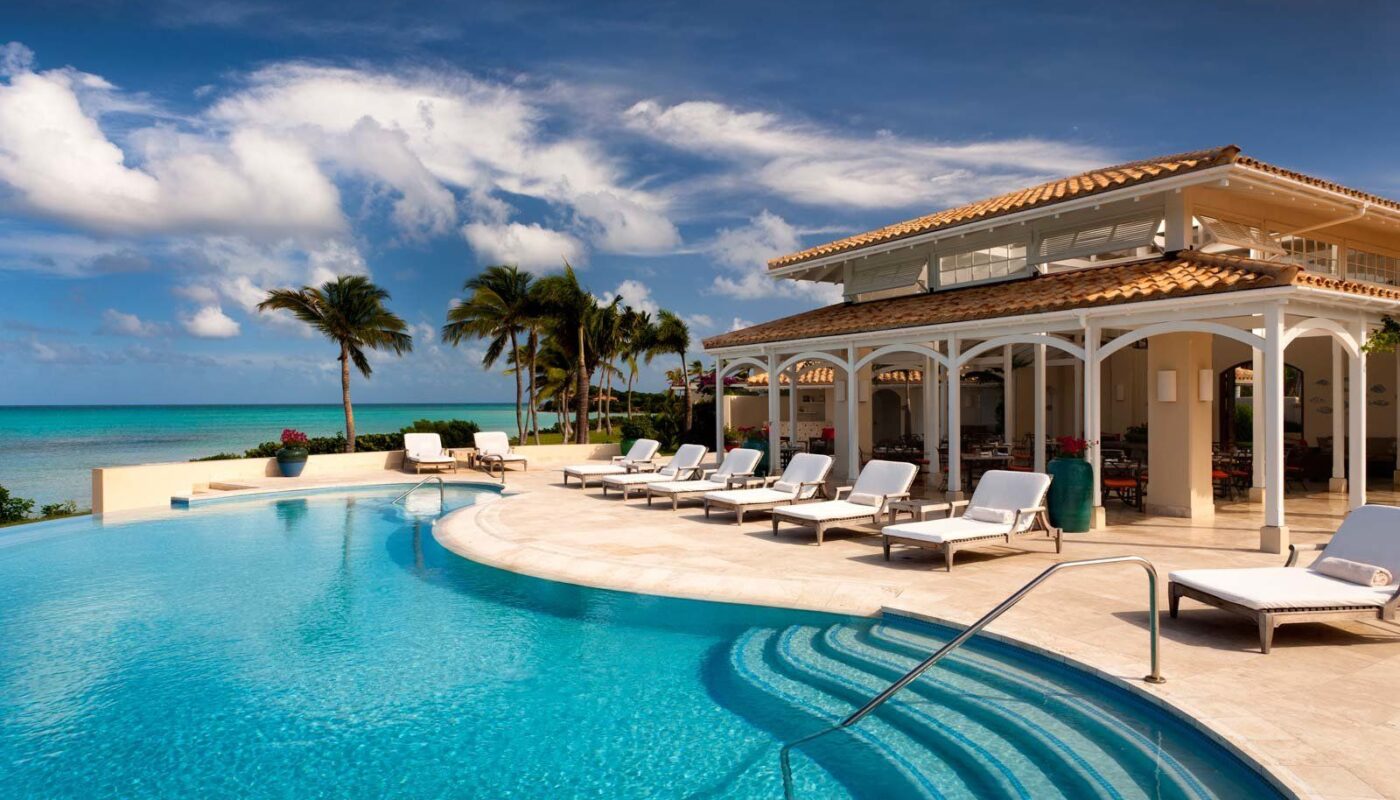Luxury hotels offer luxurious accommodation with superior quality amenities and impeccable service. They provide various types of guestrooms such as presidential suites, deluxe rooms, and executive floors with spacious rooms and posh interiors. The rooms are equipped with premium bedding, high-speed Wi-Fi, state-of-the-art entertainment systems, and 24×7 room service. Additionally, luxury hotels offer high-end leisure and dining facilities such as spas, swimming pools, fitness centers, multiple fine dining restaurants, and exclusive clubs. Some hotels also provide recreational activities like golf courses, casinos, and theme parks. The overall luxury experience attracts wealthy travelers and business executives who seek lavish accommodation during leisure and business trips.
The global Luxury Hotels Market is estimated to be valued at US$ 142.81 Bn in 2023 and is expected to exhibit a CAGR of 3.8% over the forecast period 2023 to 2030, as highlighted in a new report published by Coherent Market Insights.
Market key trends:
One of the major trends in the luxury hotels market is the rising popularity of wellness-focused luxury hotels. Travelers are increasingly focusing on wellness and rejuvenation during travels. In response, many luxury hotel chains are offering wellness programs, activities, and spa treatments infused with local and natural elements. For instance, Six Senses Hotels Resorts Spas offer yoga sessions, meditation classes, and organic spa treatments. Another trend is sustainable luxury where hotels emphasize green practices and source materials sustainably without compromising on luxury. Some hotels also incorporate locally-inspired design aesthetics, culinary experiences, and activities to attract global travelers interested in local culture and heritage. Lastly, technology innovation is enabling amenities like virtual assistants, smart rooms, and augmented reality experiences.
Poter’s Analysis
Threat of new entrants: The luxury hotels industry requires high initial investments in property, infrastructure and superior service quality. Established brands have an advantage in terms of recognition and loyalty which makes market entry challenging for new players.
Bargaining power of buyers: Buyers have moderate bargaining power due to the availability of several luxury hotel options globally. Switching costs are relatively low as loyalty programs are commonly used in this industry.
Bargering power of suppliers: Suppliers have moderate bargaining power due to the dominance of few key suppliers for certain fixtures, luxury furnishings and equipment.
Threat of new substitutes: The threat is moderate as luxury hotels still offer a differentiated experience compared to other accommodation options. However, properties such as vacation homes pose a slight threat.
Competitive rivalry: The industry sees intense competition among major chains to attract high-spending customers. Branding, unique experiences and loyalty programs are key competitive factors.
Key Takeaways
The Global Luxury Hotels Market Size is expected to witness high growth over the forecast period of 2023 to 2030.
Regional analysis:
The Asia Pacific region dominates the luxury hotels market and is expected to grow the fastest through 2030. Countries like China, Japan, Indonesia, Malaysia, Thailand and India are driving the growth of luxury travel in the region.
Key players:
Key players operating in the luxury hotels market are Bader GmbH & Co. KG, Bovine Leather, GST Autoleather Co. Ltd., Classic Soft Trim, Ctl Leather Inc., Eagle Ottawa, Llc (Lear Corporation), and Gruppo Mastrotto spa. Preference for unique experiences are prompting luxury hotel brands to strengthen their service offerings and branding.
*Note:
1. Source: Coherent Market Insights, Public sources, Desk research
2. We have leveraged AI tools to mine information and compile it



